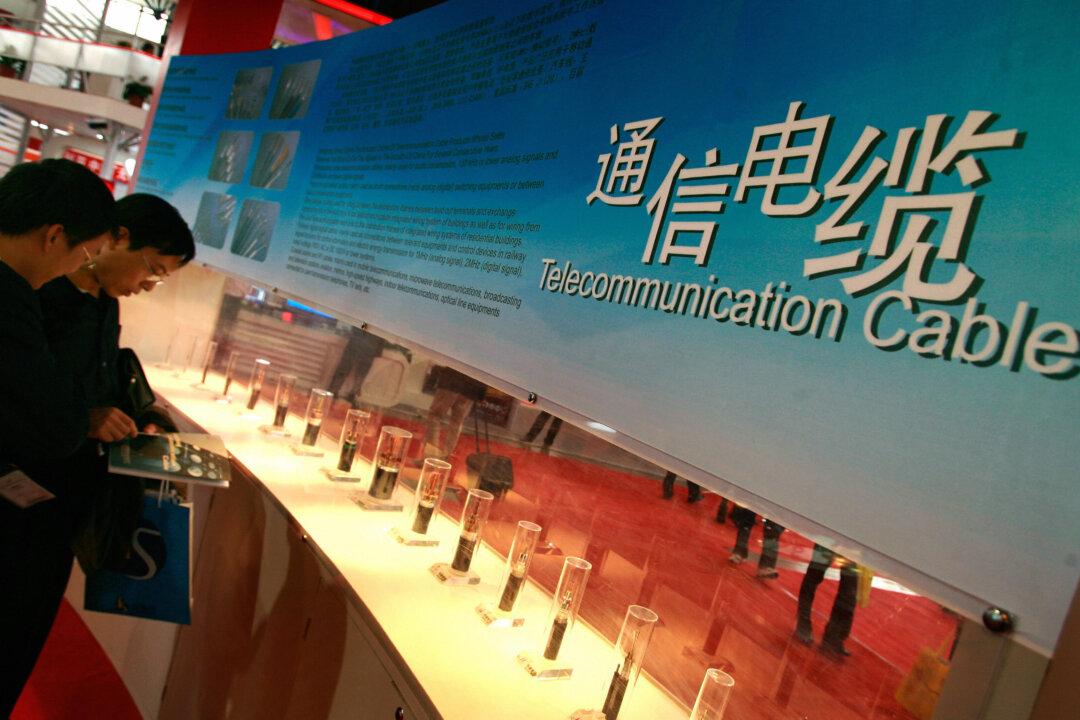U.S. officials are seeking to block an undersea cable between Los Angeles and Hong Kong that is being backed by Alphabet Inc.’s Google, Facebook Inc. and a Chinese partner on national security grounds, the Wall Street Journal reported on Aug. 28.
The Justice Department has signaled staunch opposition to the project because of concerns over its Chinese investor, Dr. Peng Telecom & Media Group Co., and the direct link that the cable would provide to Hong Kong, the WSJ reported, citing people involved in the discussion.





